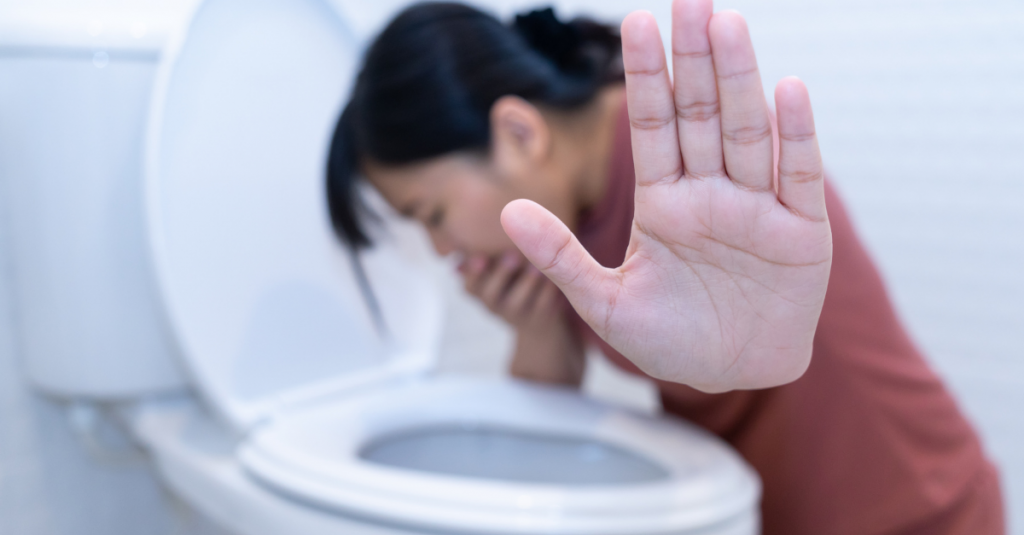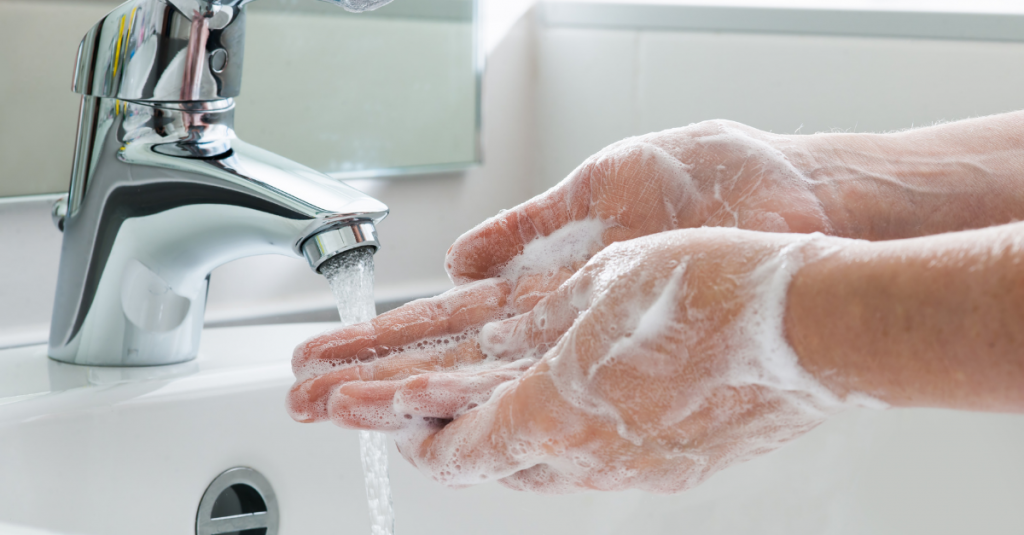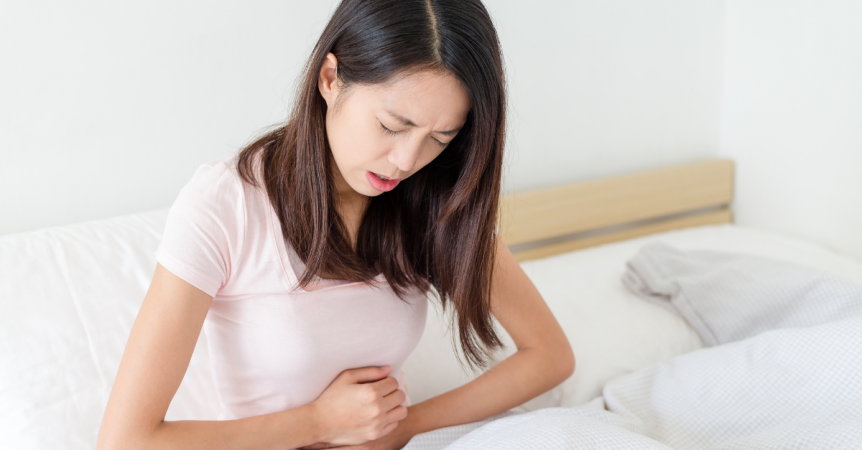Have you ever experienced a stomach bug that made you sick every few minutes for seemingly hours on end? Have you ever felt nauseous because of a particularly potent strain of a bug that eventually left you dehydrated after you finished getting sick? Chances are the “bug” you experienced was no bug at all but was, in fact, the norovirus.
Sometimes called the “winter vomiting bug”, the norovirus is one of the most common causes of gastroenteritis in humans. It afflicts people of all ages, making it particularly harmful to the very young and elderly. Generally, this virus is spread from person to person through contact with contaminated fecal matter and aerosolization of the vomited virus. Most likely you will encounter this virus through contaminated foods and surfaces. The fact that it is particularly efficient within your body means that very little of the virus must be present in your system for it to develop into a full illness. Around the world, the virus affects over 250 million people and kills over 200,000. Generally, these deaths are found in underdeveloped countries that do not have access to medical facilities. Do not be fooled, however, because, if norovirus goes untreated, it can be very harmful and lethal.

Symptoms of norovirus generally develop around 24 hours after the virus enters the system. They almost always appear as nausea, vomiting, diarrhea, and abdominal pain. Generally, after the first round of vomiting, which can last several hours, the infected will experience weakness, muscle aches, headaches, and fevers. Within two to three days of the appearance of symptoms, a recovery period begins and you will gradually feel better.
The danger of the norovirus usually comes with the dehydration and muscle spasms associated with vomiting. Because of the rapid expulsion of liquid from your body, it is important to replenish fluids when necessary. In extreme cases, an IV may be necessary as your stomach will not accept any form of food or liquid.
After the virus leaves the system, there is little to no immunity provided by the immune system. It is not unheard of to experience two rounds of norovirus in the same time frame. It is said that any immunity you may have is gone within six months of originally getting the virus, making you susceptible to repeated sickness.

Norovirus generally appears and spreads throughout closed communities such as college dorms and campuses. The infection rate in these areas is very high because of the close proximity of the people residing there.
While there is little you can do if you become sick with the virus, besides wait until it leaves your system, there are things you can do to prevent yourself from ever catching it. For example, frequent hand washing and rinsing can clean your hands, and surfaces, of any virus that is present on them. In addition, regularly bleaching areas that have the potential to become infected greatly reduces the likelihood of the virus from spreading. The virus will persist through alcohol-based cleaners and, if not properly removed, can exist on surfaces for up to 30 days.
Because the norovirus is not bacterial, there is no antibacterial agent that can be used to treat the virus. In addition, a vaccine has been tested but not released to the public. The only real way to “treat” the virus is to remain hydrated through the vomiting and fluid loss to combat the serious side effects, such as dehydration.
Overall, norovirus is a serious virus that causes a dangerous and painful condition in those who become afflicted. Because there is no treatment for it, the best way to avoid any consequences from the virus is to avoid it completely by proper cleaning and maintenance.

